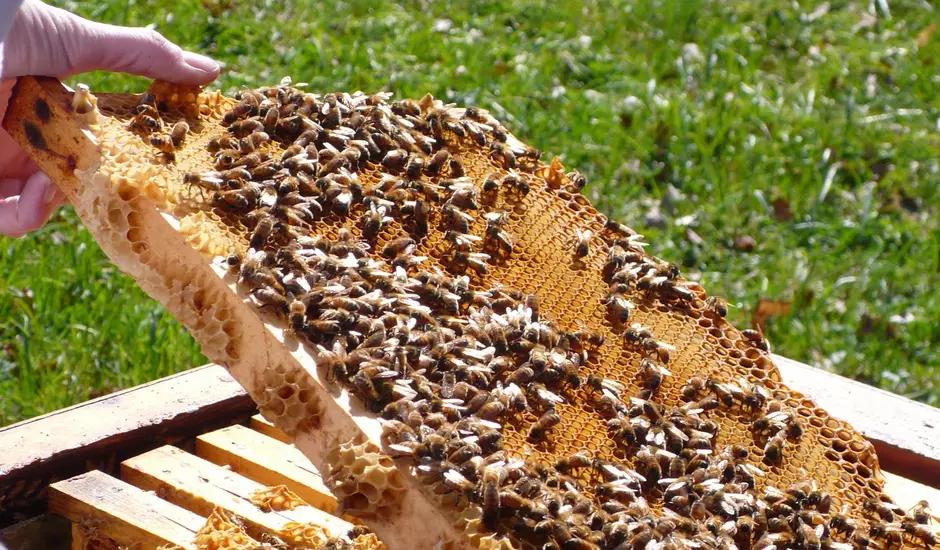
Environment and Biodiversity
Place
Colombia
Sponsor
Manuel Vicente Barrera
Grant(s)
35 000 € to the Selection Committee at 2009/06/16
Project leader
"Phase I of the project had tremendous repercussions in Colombia. And the support of the Veolia Environnement Foundation has had a major and recognized impact because the project substantially improves the quality of life of many families. The Colombian government has accordingly designated this project as good practice of shared responsibility."
Manuel Vicente Barrera Medina
Since 2007, the UNODC (United Nations Office on Drugs and Crime) has been running a program for alternative development to coca farming in Columbia. The aim is both to curtail coca production and to guarantee the safety of the small farmers by extracting them from parallel economy set up by the drug cartels. This alternative is based on the development of apiculture: the UNODC offers beehives to the families, selected for integration in the program. In early 2009, the first thousand beehives were already installed and the peasants were trained in their new craft, and Activa G10 - peasants nonprofit in Cordoba - was already marketing the honey and by-products sold in particular in the Carrefour and Casino chains in Colombia.
Phase II of the apiculture program projects its extension into the Cordoba district of Colombia, with another four hundred beehives installed in various villages, and twenty families already identified.
Social, economic and environmental benefits
This second process will last about a year. Then, according to the flowering periods of each area, the honey will be harvested. Each apiary will receive the weekly visit from the producer, counselled for the first four months by a technician responsible for dispensing a personalized theoretical and practical training program.
Since the inception of the project, the UNODC has been relying on a partnership with the Veolia Foundation. Phase I thus benefited from the investments required to equip forty families with eight hundred beehives. This has a threefold impact: the project offers an alternative to illicit coca cultivation for scores of peasants, creates income generating activity and reinforces a distribution system, contributes to the conservation of the local biodiversity thanks to the installation of these apiaries of pollinator bees. To carry out phase II of the program, the UNODC is consolidating its partnership with the Veolia Foundation for the installation of four hundred beehives and complete technical assistance service.

